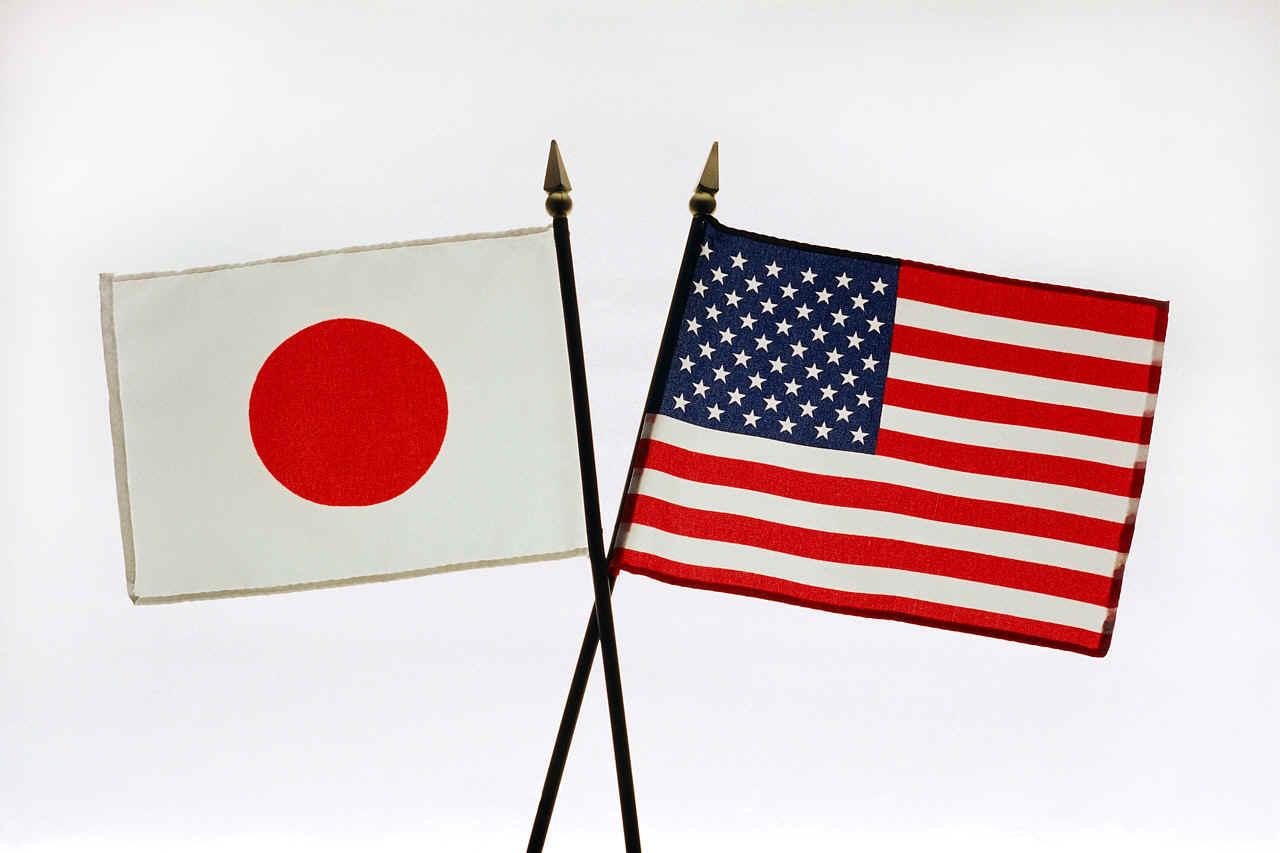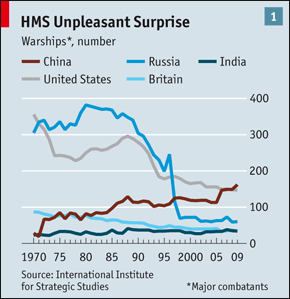
WSJ story up first. Dovetails very nicely with the "Six Degrees of Integration" entry we had in the sample Wikistrat "CoreGap Bulletin."
The first prediction was an easy one for anybody who's worked for the military as long as I have: UAVs will become a part of everyday life, just like the Internet and GPS before them. When you work with the military, you simply come to accept these fantastic advances as routine, especially when you have years to get used to them mentally before they're unleashed upon the public. I didn't come along early enough to catch arpanet (DARPA's original Internet; DARPA being the Defense Advanced Research Projects Agency), but I had years of exposure to GPS prior to its release into the wild, and it wasn't hard to imagine that it would change things--always being able to track exactly where you are.
So with the UAVs getting smaller and smaller, the difference between them and what model plane enthusiasts have long toyed with gets less and less, meaning the latter enter the game. Already, as the piece points out, there's this gray area of regulation known as "recreational use of drones." As one former CIA counterterror guy who now works for a drone company puts it, "The only thing you're bounded by is your imagination--and the FAA in the United States."
I used to predict that UAVs would be all over by now, because I could see the trajectory unfolding a decade ago, like with GPS, but then 9/11 kind of chilled that feeling, because all of a sudden, everybody was scanning the skies for dangerous objects. But with the Long War providing such a strong and persistent requirement, things got quickly back up to speed.
And when you think about it, helicopters are actually pretty hard things to fly and so they come with plenty of crashes, so unless carrying bodies is a requirement, why not switch over to drones everything else. Think of all the traffic and weather copter work. Then there's the paparazzi stalkings of celebrities or using helos to scout disaster zones. None of that requires a body in the vehicle--just the video feed.
I know, I know. Politicians looking for photo ops will suffer, but so will celebrities seeking to avoid them.
Great line from the piece from a divorce attorney: "If the Israelis can use them to find terrorists, certainly a husband is going to be able to track a wife who goes out at 11 o'clock at night and follow her."
Safety issues galore. Wait until the first murder happens in a civilian context. Privacy issues too, of course. Bullying will follow, as will scams. It'll be a new way to sneak into ball games or to virtually attend exclusive events ("Look, there's the President!"). And, of course, terrorists will use them successfully.
And many journalists will write "Pandora box" pieces, but life will go on, becoming that much more interesting/complex/weird and ultimately routine enough on this score.
Second one I've been waiting on and it's apropos of my Chinese daughter's birthday this week: FT story on how property bubble is latest bit to erode Chinese preference for sons.
The one-child policy came faster than urbanization could change age-old norms, so we soon got the dearth-of-females issue that a few demographers have beat to death as a cause for future wars ("Horny guys of the Middle Kingdom--unite and let's conquer . . . oh hell, let's just hop a plane to Vietnam and get a bride this weekend I'm buying the first round!"). But when we were there adopting Vonne Mei, I remember all these young women seeing me hold her: they'd bring over their boyfriends, point at me, and then punch them in the shoulder, spewing a few sharp lines. Guy would look stunned and embarrassed, rub his shoulder while staring at me, shake his head a bit, and then meekly follow the young woman away. You could just imagine what she said.
But the vibe was really two fold: "See! Americans like girl babies!" and "See, that's how a Western man helps his wife by taking care of the child!"
You could see both norms beginning to take hold in the minds of young women who were getting better educations, were no longer trapped in the village, and were looking at urban careers in their future. All these things combine to delay pregnancy, but they also shift the preference from boys to girls. You need boys if working the fields is the big thing, but if you're going to age in urban settings, it's the girl who's far more likely to take care of you in your old age in an interpersonal sense (the Chinese adage of "A daughter is a warm jacket for a mother"), and if she's going to have a career now, then the difference between her and the moneymaking son erodes further, especially since the daughter doesn't cost as much as the son when it comes to marrying them off. Custom in China has it that parents must buy the son a flat before he can marry.
The FT piece points out that the tide has already turned in major metros like Beijing, going back almost 15 years. China went majority urban a few years back and will urbanize at a stunning rate going forward. Hence, the big sex imbalance fear, like most demographic issues, is already finding solution by the time we discover its outlines. Doesn't mean there won't be a single generation significantly impacted; just means the problem is a lot more temporally bounded than realized.
And when you talk about that one generation being impacted, remember that a lot of these guys, if unable to find wives at home, will either travel for them or emigrate on that basis. My favorite historical example of such willful flexibility: Chinese male "coolies" come to America in the 1800s and end up building big chunks of the frontier West as manual laborers--like the RRs. They can't bring their women along and many are never able to return. So who are one of their prime targets for inter-racial marriages? Irish Catholic widows, showing that where there's a will, there's a way.
In the end, China's "unique" problem goes away like it does everywhere else, because modernization tends to erase such "unique" values (that weren't really unique in the first place but simply represented a people trapped in time). Now, you could say Chinese couples are "time traveling"--a concept I want to explore in the Wikistrat globalization model: when change comes so quickly that it makes people feel like time is being compressed and thus they're rocketing forward in time in some domain. Think about it here: thousands of years of custom altered in roughly one generation. That, my friends, is real time travel. And it's social revolution. China's rise has this impact at home--and abroad.
 Tuesday, May 3, 2011 at 1:27PM
Tuesday, May 3, 2011 at 1:27PM 
































